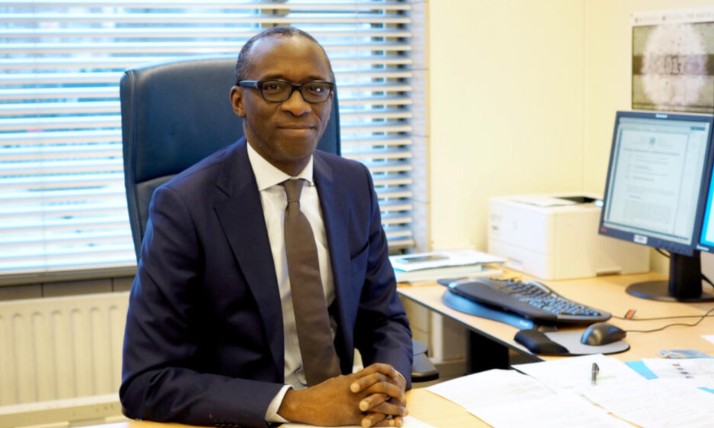Nigeria has presented Olufemi Elias to the International Court of Justice (ICJ) as its candidate to lead the institution.
The ICJ is often called the world’s highest court for disputes involving sovereign states.
Established in 1945 and located in The Hague, Netherlands, the ICJ is the principal judicial organ of the United Nations (UN).
The ICJ is comprised of 15 judges who have been elected for nine-year terms and represent legal systems globally.
Elias currently serves as an ad hoc judge for the court.
He was formally introduced to the UN diplomatic corps on Monday in New York by Samson Itegboje, the Charge d’Affaires of Nigeria’s permanent mission to the UN.
Itegboje harped on Elias’ qualifications, pointing out Nigeria’s long-standing contributions to the ICJ, including participation in significant international cases involving territorial disputes, human rights, and maritime law.
The ambassador noted that Nigeria has also fully adhered to ICJ rulings, such as the landmark Bakassi Peninsula case with Cameroon.
WHO IS OLUFEMI ELIAS?
If elected, Elias will be the fourth Nigerian to preside over the ICJ, after Charles Onyeama, Bola Ajibola, and Taslim Elias, his father.
Making the case for the nominee, Itegboje said Elias’ family background shaped his morals.
“It would interest you all to also note that the father of the candidate we are introducing today, Taslim Olawale Elias, a prominent Nigerian jurist, was a judge at the ICJ from 1976 to 1991 and his tenure marked significant contributions to international law, especially in shaping the court’s jurisprudence in various areas, having served as president and as vice president of the court,” the diplomat said.
“In light of the foregoing, I can categorically state that Dr. Taoheed Olufemi Elias, himself currently a judge ad hoc at the ICJ, is not just a renowned international lawyer with vast experience in the practice of international law and academics but born into a jurist family and has learned the ropes of dispensing good judgment from his childhood.”
Elias has extensive experience as a lawyer and leader in various international organizations.
He is a member of the Institut de Droit International and served as the legal adviser and director at the Organisation for the Prohibition of Chemical Weapons at The Hague.
Elias is also the president of the administrative tribunal of the OPEC Fund for International Development, chairman of the Islamic Development Bank administrative tribunal, as well as a former president and member of the OPEC appeals committee.
Speaking on his qualifications, Elias said his achievements as a renowned expert in international law for 35 years in various capacities—comprising academia and public service—underline his ability to effectively oversee the ICJ.
“When we put together all those qualifications, I think that’s what set me in good stead,” he said.
Nigeria last oversaw the ICJ in 1994 with Bola Ajibola as judge.
Taslim, Elias’ father, served as judge from 1976-1991; as vice president from 1979-1982; and as president from 1982-1985.


